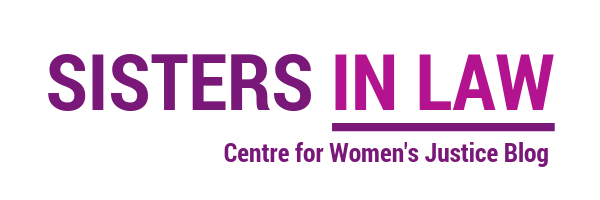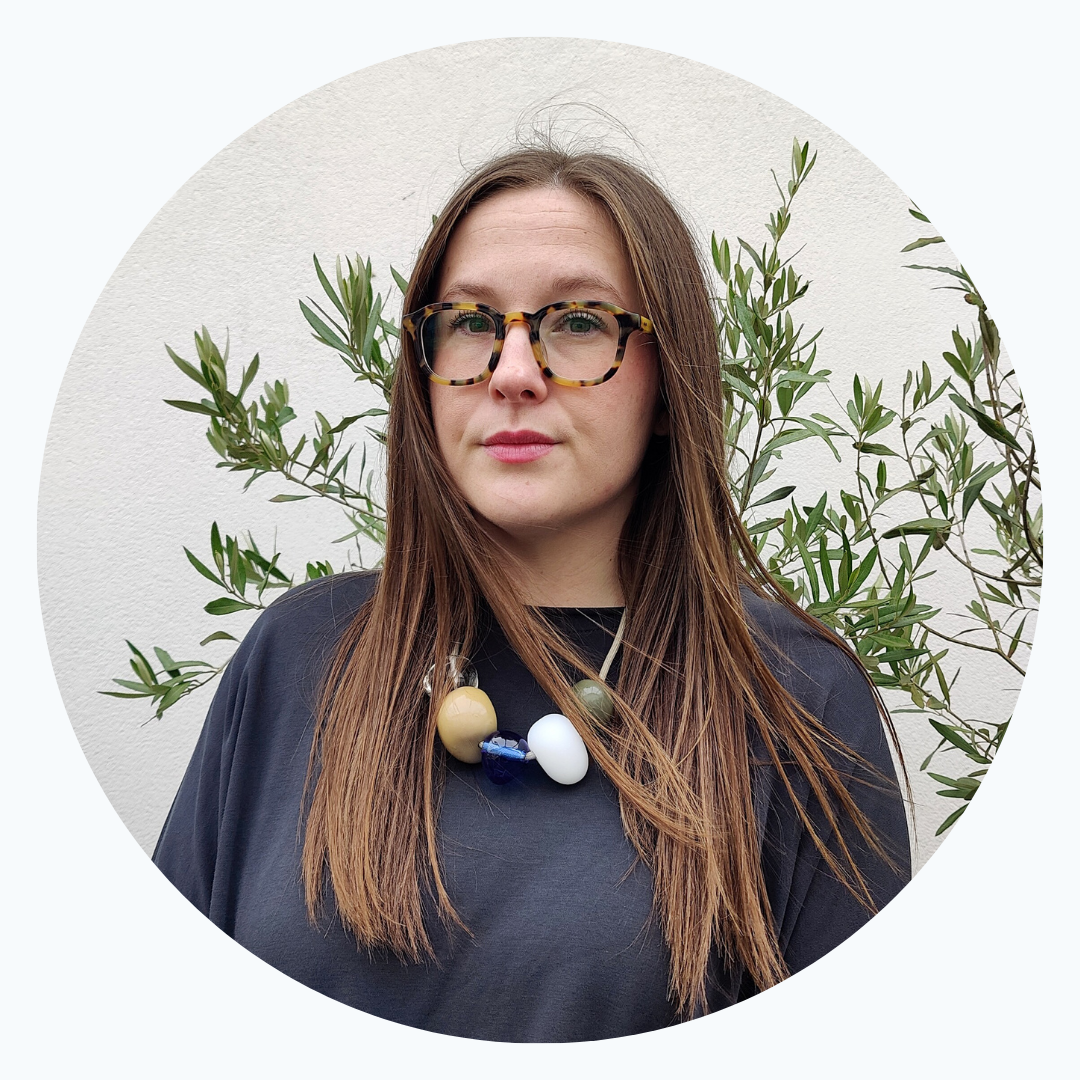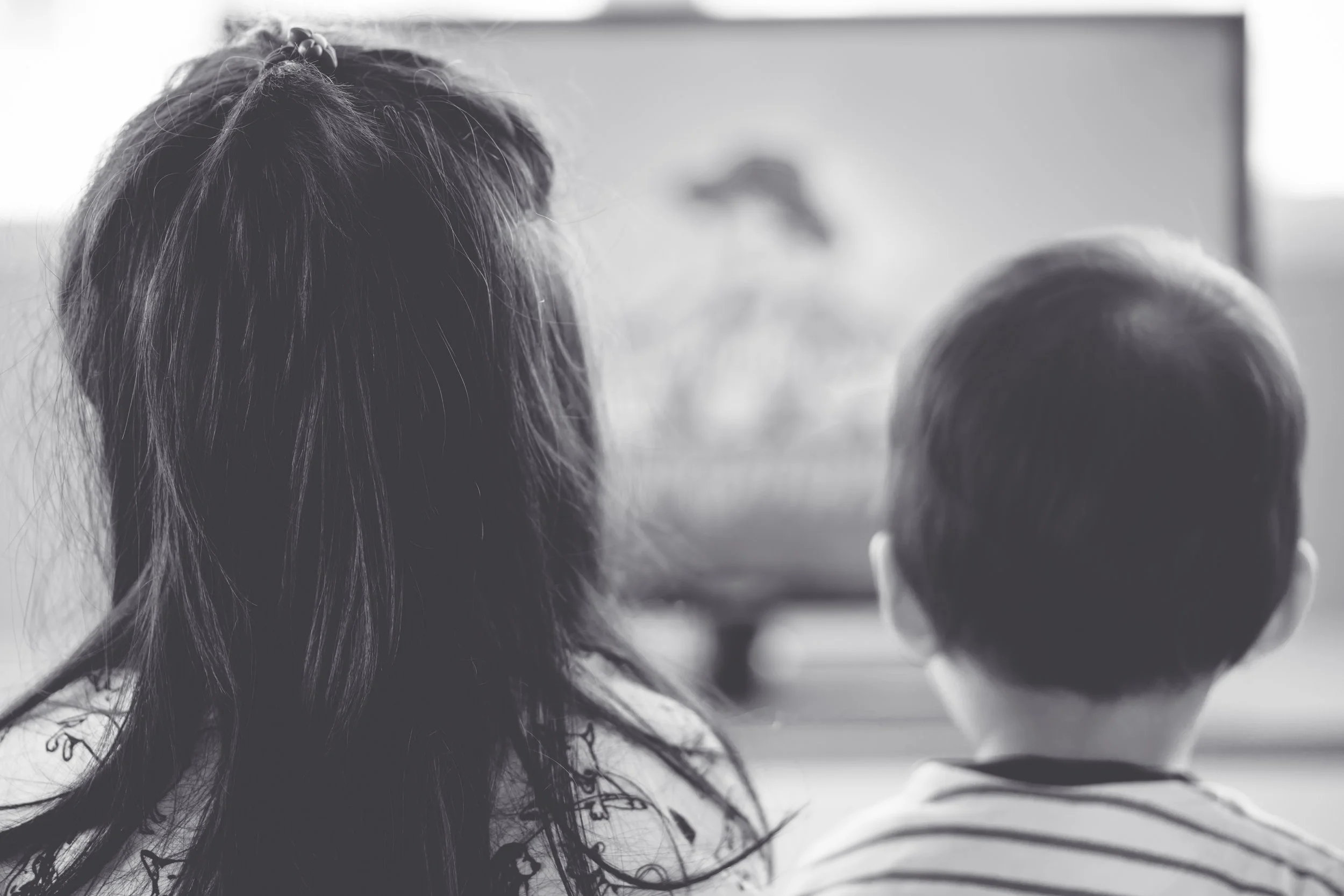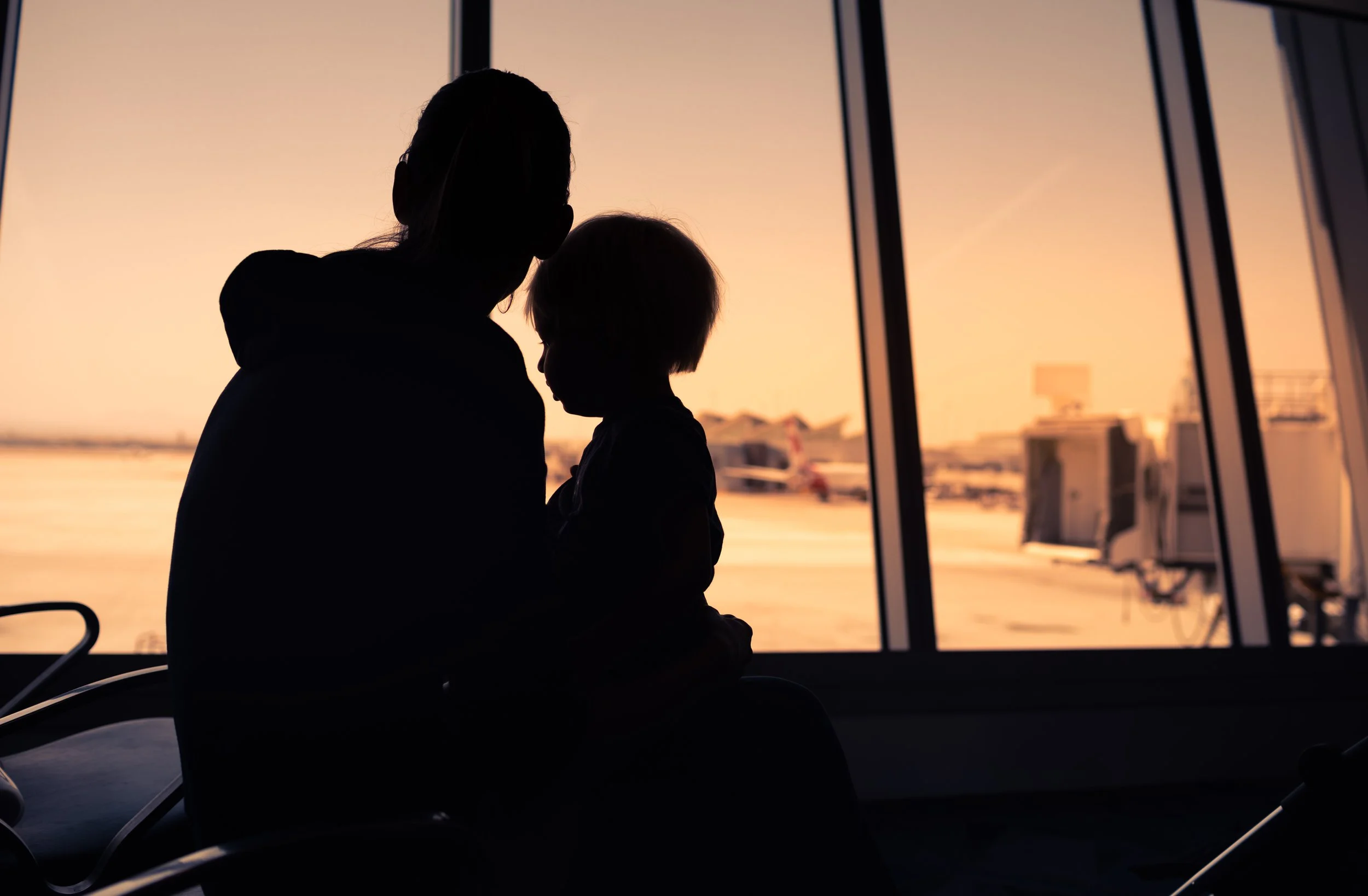
Sisters in Law aims to raise awareness of violence against women and the state, provide information and debate around legal cases, campaigns, law reform and policy developments, as well as telling stories of struggles for justice and accountability.
Submissions: If you would like to write a blog piece for us please read the guidelines before contacting us.
The third in a series of guest blogs from Dame Vera Baird DBE KC.
Five years on — Jade Blue reflects on injustice and being heard.
The second in a series of guest blogs from Dame Vera Baird DBE KC.
The ITV documentary The Undercover Police Scandal: Love and Lies Exposed reveals how undercover officers infiltrated political protest movements and formed intimate relationships with women under false identities. Told through the voices of five women who were victims of this deception, the series follows their journey to expose the scandal and seek justice. In this blog Harriet Wistrich reflects on the legal battle they fought.
The first in a series of guest blogs from Dame Vera Baird DBE KC.
Learn more about the report Voices From The Inside , which contains accounts from current and former prisoners and friends and relatives of prisoners on what life is like inside UK prisons.
Many people fairly assume that the diligent investigation of serious crime, especially when presented with multiple independent allegations against the same suspect, is a police officer’s central duty. But as the data clearly shows, when it comes to abuse allegations this duty is neglected more often than not…
Find out more about a research project working with prisoners’ friends and families in order to build a picture of the conditions that prevail in UK prisons and how they affect both those detained and those who care about them.
On 9 February 2024 we will be celebrating the 25th anniversary of the Emma Humphreys Memorial Prize (EHMP). Each year since the untimely death of Emma in 1998 prizes of £1,000 are awarded to an individual and/or group who has raised awareness of male violence against women through writing and campaigning.
Sarah Colley writes about her research on multi-perpetrator child sexual exploitation (CSE) and some of the issues in the criminal justice system, which retraumatises children.
Leading international research has shown that domestic abuse is the primary cause of brain injury in women around the globe. The intersection between the two is one that must be understood so that survivors are provided with support and fatalities are prevented.
Back in 2021 as part of our anti-racism strategy, we created The Azra Kemal Legal Internship Programme, which is a paid part-time internship for women from Black, Asian and/or minoritised backgrounds. Sannam and Sado have kindly written about their internship experience so we can share it with you.
On Wednesday, 5 July 2023, MPs in Westminster Hall debated action needed to address the criminalisation of Black, Asian, minoritised and migrant survivors of violence against women and girls (VAWG).
Respondent Mother expresses how private law proceedings in the family court as a survivor of domestic abuse left her feeling trapped and isolated.
Sarah Marie writes about her experience of The Hague Convention and the death of her friend Narkis Golan, a fellow victim of both male violence and the Convention itself.
In October 2022 a landmark High Court judgment was given that makes clear that the Home Office’s failure to make provision for abandoned spouses amounts to unlawful discrimination within the meaning of Article 14 of the European Convention on Human Rights (“ECHR”). Pragna Patel explains what this means for abused women who are left stranded abroad by their perpetrators.
This week another perpetrator of child rape and sexual abuse was sentenced to 16 years’ imprisonment after pleading guilty to 12 charges. He would still be free if it hadn’t been for CWJ’s intervention.
On 19 June 2015, the United Nations General Assembly proclaimed 19th June of each year the International Day for the Elimination of Sexual Violence in Conflict, in order to raise awareness of the need to put an end to conflict-related sexual violence. Rita Kahsay, a young British Tigrayan activist, describes the current appalling genocide and use of rape as a war crime in Tigray
Harriet Wistrich reflects on how perpetrators often misuse legal proceeding to seek revenge and silence their victims.
Is the new law going to make a difference to women’s lives or will it sit relatively unused on the statute books, like some of the other measures intended to tackle domestic abuse? CWJ’s Nogah Ofer discusses thel ong-awaited new law which comes into force force creating a stand-alone offence of ‘non-fatal strangulation and suffocation’
..the idea that the state would invest hundreds of thousands of pounds into creating and maintaining a sophisticated operation that would place police officers deep undercover to gather intelligence on mainly left wing, environmental and social justice campaigns, was surely the stuff of fiction…
Fri Martin’s ‘story’ was last week featured on the BBC Three documentary entitled ‘Bad Love: Why did Fri kill Kyle?”. If the film had instead been entitled, “Bad Justice: Why was Fri convicted of murder?”, it could have shown how the criminal justice system is heavily stacked against women, and particularly black working class women
Some crimes are far easier to investigate and prosecute than others. This week, Harriet looks at what happens when the criminal justice system fails to prioritise risk of repeat offending.
Back in Spring 2021, as part of our anti-racism strategy, we launched a mentorship scheme for aspiring female lawyers from Black, Asian and minoritised backgrounds. Vithyah and Jumaimah are two of the women we matched with a mentor and they’ve kindly written about their experience so we can share it with you.
Nowhere is a woman’s experience of the criminal justice system brought into greater relief than when she reaches the court room, whether as a witness or as a defendant. Harriet Wistrich explores what needs to change to ensure proper equality before the law and end victim blaming.
“I’ve been re-traumatised time and time again, and have been treated like a criminal rather than a victim. My movements are restricted, my privacy is gone, and I’ve lost nearly all stability in my life.”
In our last manifesto point of 2021, Harriet looks at research and the publication of meaningful data.
One of the key problems with the ability of our criminal justice system to tackle violence against women is not the absence of good laws but the failure to implement them…
“As a sexual predator and abuser of women, Couzens was far from exceptional…Even as a police officer murderer, Couzens was not unique.”































Women sharing their stories and supporting each other from lived experience helped develop an understanding of the nature of male violence and what was needed to combat it both on a personal and societal level.